Tag: terms
-

Day 253: Sting Operation
#QuickbiteCompliance day 253 🔍 Ever Played “Cops and Robbers”? Real-Life Cops Use “Make-Believe” to Catch Bad Guys! Imagine a police officer dressing up as a watch seller 🕰️, a wedding planner 💒, or even a hacker 💻 to trick criminals into showing their secrets. That’s a “sting operation”! Law enforcement sets up fake businesses (like…
-
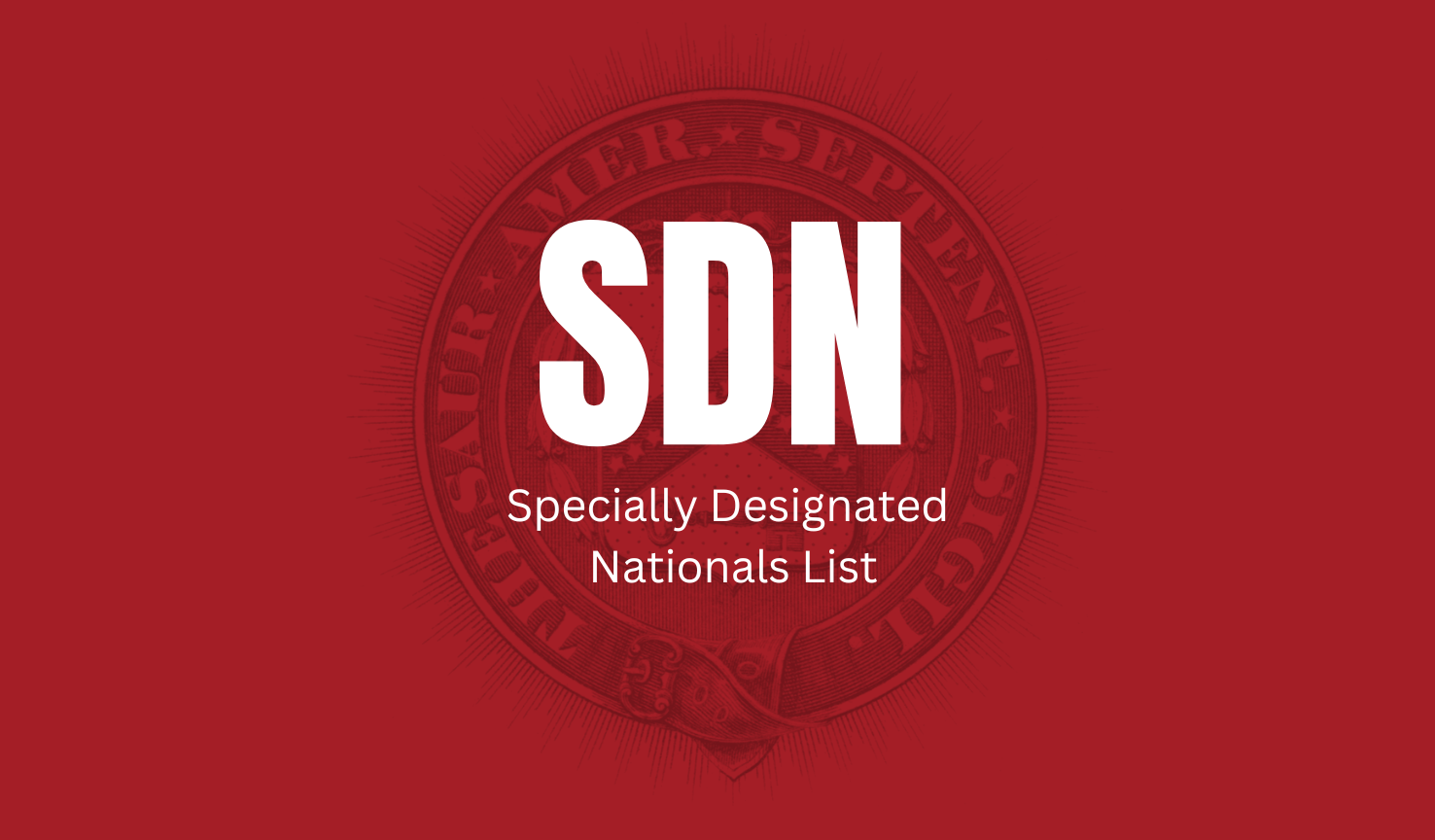
Day 252: SDN List
#QuickbiteCompliance day 252 🔍 The SDN List: Your Guide to Fighting Bad Guys Imagine your school has a “no-trade lunchbox” list. If someone steals snacks, they go on the list—and nobody can trade with them. The SDN List works like that for the U.S. government. It’s a list of people, companies, or groups (like terrorists…
-

Day 251: Sources, Secondary
#QuickBiteCompliance day 251 Spotting Financial Crime Red Flags in Plain Sight! Imagine you’re solving a mystery. You have: 🔍 Primary sources: Original “proof” like contracts, ID cards, or bank statements. 📚 Secondary sources: Reports about that proof—like news articles, databases, or corporate registries. Here’s the catch: If these two don’t match? 🚩 That’s a red…
-
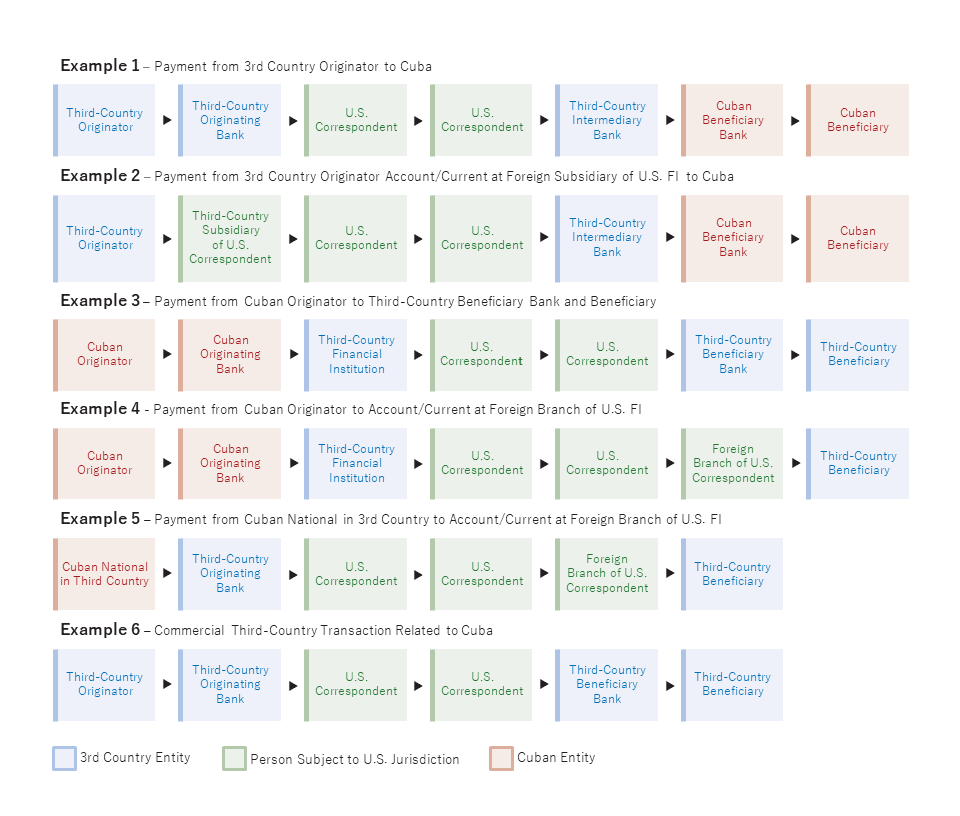
Day 250: Sources, Primary
#QuickbiteCompliance day 250 🚨 How Bad Guys Trick the System Using “Primary Sources” (And How We Stop Them) 🚨 Did you know criminals use official-looking lists and documents to hide their dirty money? 🤯 Here’s how it works: – Sanctions lists (like OFAC’s) tell banks who to block—but bad guys create fake companies with similar…
-
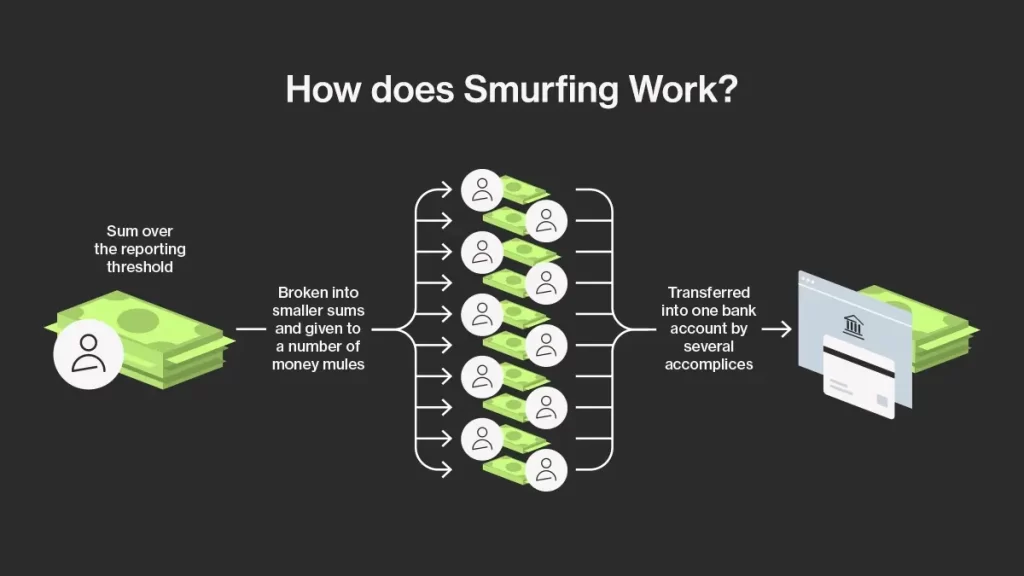
Day 249: Smurfing
#QuickbiteCompliance day 249 🚨 Breaking Down “Smurfing” – The Sneaky Money Laundering Trick! �💵 Ever heard of smurfs? No, not the cute blue cartoon characters—these are the bad guys who help criminals hide dirty money! 💸 How does it work? Imagine a thief has a huge pile of cash from illegal activities. If they deposit…
-
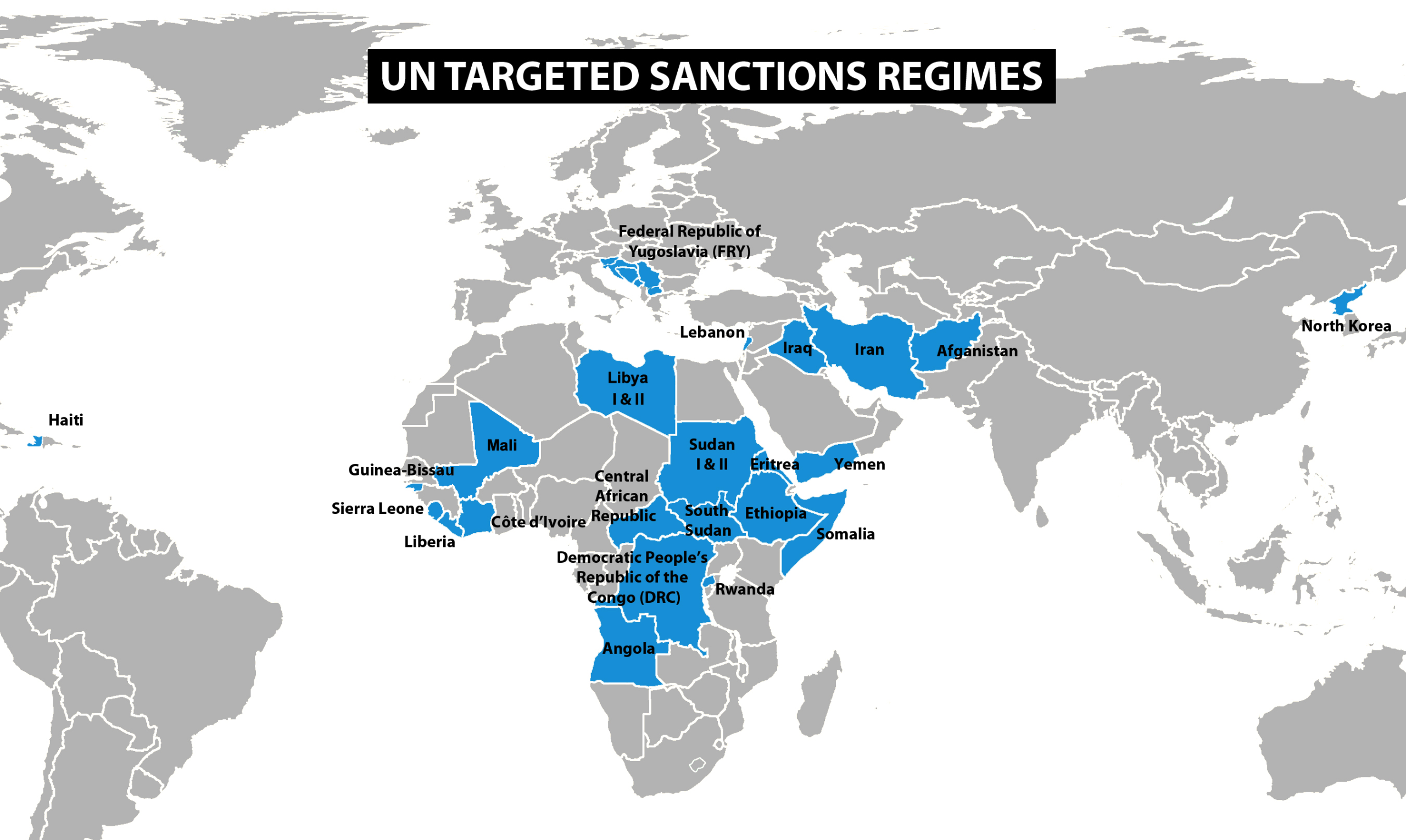
Day 248: Smart Sanctions
#QuickbiteCompliance day 248 🎯 Bullseye Sanctions: Hitting Bad Guys Without Hurting Innocents Imagine trying to stop a school bully by grounding the whole class. That’s what old-school sanctions did—punished entire countries. “Smart sanctions” (or targeted sanctions) are like a laser beam: ➡️ Freeze only the bully’s lunch money (asset freezes). ➡️ Ban only the bully…
-

Day 246: Shell Company
#QuickbiteCompliance day 246 Unmasking the Magic Trick of Dirty Money: Shell Companies Explained! ✨ Imagine a magician making a coin disappear—but instead of a coin, it’s illegal cash! 🪙💸 That’s what criminals do with shell companies: businesses that look real but are empty “shells” (no office, no employees, no real work!). They’re legal but can…
-

Day 245: Shell Bank
#QuickbiteCompliance day 245 🚨 The Invisible Bank Heist: How “Ghost Banks” Fuel Global Crime 🚨 Imagine a bank with no building, no tellers, and no ATMs—just a name on paper. That’s a #ShellBank: a ghost institution hiding in plain sight, often in offshore havens with lax rules. While legitimate banks have branches, these “paper-only” entities…
-

Day 244: Shelf Company
#QuickbiteCompliance day 244 🚀 Shelf Companies: The “Instant Business” That Can Hide Big Problems! You know how some people buy pre-made cakes at the bakery? Well, shelf companies are like pre-made businesses! They’re created months or years in advance (often by law firms), then sit “on the shelf” until sold. Buyers get a “clean” business…
-
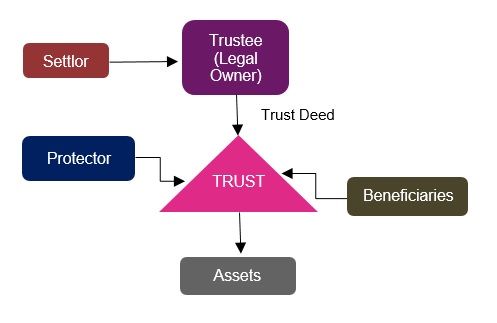
Day 242: Settlors
#QuickbiteCompliance day 242 ### 🏦 Trusts: The Treasure Chests with a Secret Map… and How Pirates Hijack Them! Imagine giving your treasure chest to a trusted friend (a “trustee”) with instructions to share it wisely. You might add a wish list (a “letter of wishes”) suggesting who gets what—like “save some for Timmy’s college fund!”…
